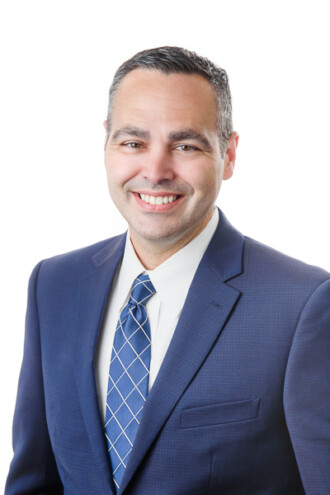A patient hurting from an injury he suffered years ago showed up not long ago at a Medical City Healthcare emergency room — as he had done several times prior. But when the ER physician responsibly prescribed a non-addictive, yet effective alternative pain-relief treatment, the patient left angry.
This is a familiar scenario in ERs and doctor’s offices nationwide and in North Texas. It illustrates the strength and commitment required to fight the escalating national opioid crisis and the obstacles that healthcare providers face as we work to reverse the epidemic and decrease the alarming number of drug overdoses.
Fueled by the COVID-19 pandemic, the opioid crisis cost the U.S. economy nearly $1.5 trillion in 2020, a $487 billion increase from 2019, according to a new congressional report based on Centers for Disease Control and Prevention data. The latest calculation, which is only expected to grow, represents a 37 percent increase from 2017.

Sadly, opioid-related deaths soared during the pandemic and accounted for 75 percent of the 107,000 drug overdose fatalities in 2021.
Medical City Healthcare and other conscientious healthcare systems need community support as we implement comprehensive changes to historic pain management approaches and the use of potentially addictive medications. For healthcare clinicians committed to healing and patient comfort, it can be difficult to turn down a patient’s plea for a medication that works but that may not be in the patient’s best interest.
I am proud to be part of a healthcare system dedicated to fighting the opioid epidemic with innovative, safe and successful alternatives. When physicians use less addictive but equally effective alternatives, including non-opioid patches, non-pharmacologic medications, trigger point injections and other pain-relief methods, it can result in an a reduction in opioid use for pain relief when used in hospital emergency rooms.
Health systems can also partner with law enforcement by offering convenient drive-thru collection sites for the disposal of unused and expired prescription and over-the-counter medications. On October 29, health systems can be part of the DEA’s Drug Take Back Day to return unused medications to specific locations around town.These medications are often vulnerable to misuse, theft, or abuse. You can find your local take back location here.
These are important initiatives that require widespread support and public understanding. I urge the entire North Texas community to support your healthcare providers in this effort. You can also do your part at home by collecting unused and expired medications and properly disposing of them. Let’s all work together and do our part to help crush the opioid crisis.
Dr. Joseph Parra is the Chief Medical Officer at Medical City Healthcare.





